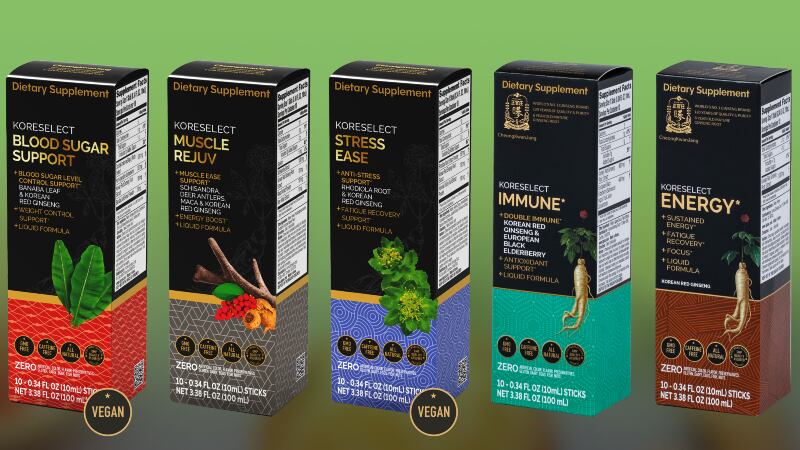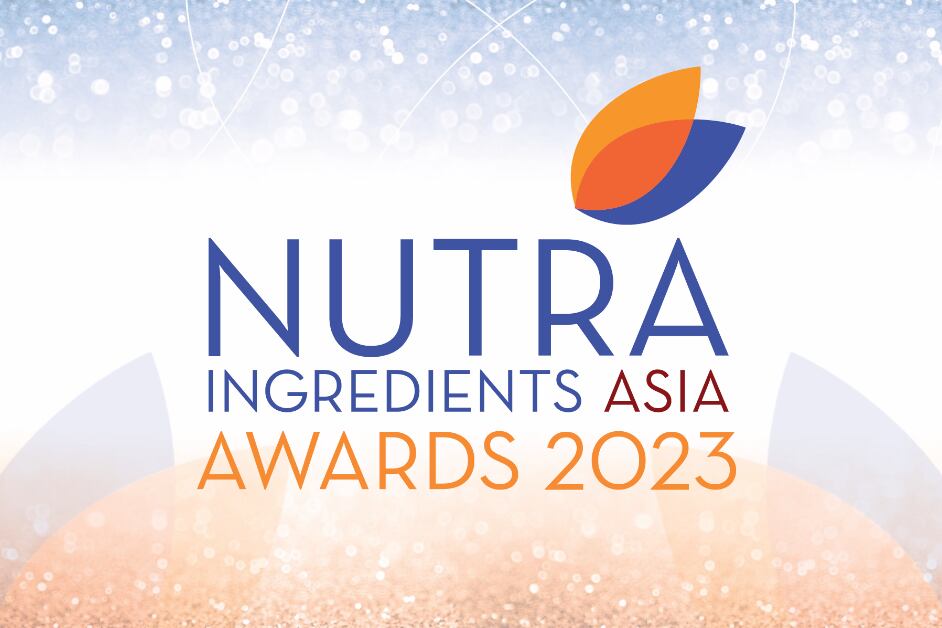Researchers from Sydney, Australia, wanted to put to test the differing evidence elicited from past literature on the effects of reducing intake of sugar-sweetened beverages (SSB) on cognitive performance, metabolic parameters, and preference for sweet foods.
Participants were split into three groups – one consuming SSB’s, one consuming diet beverages, and third only water.
Published in nutrients, they reported: “The 12-week SSB intervention had few effects on metabolic measures such as BMI, glucose tolerance, and blood lipids. Overall, this pattern of results aligns with the findings of a larger, 12-month clinical trial in which substituting artificially sweetened or unsweetened beverages for sugar-sweetened beverages had no significant effects on cardiometabolic risk factors.”
Notably, the researchers found that the group drinking water had a reduced liking for sugary drinks. Interestingly, the diet group had an increased liking instead.
“Although this result suggests that the Water group’s reduced exposure to sweet taste (in the form of SSB intake) enhanced sensitivity to sweetness and shifted preference to a lower threshold, this interpretation is complicated by the fact that liking ratings for 12% sucrose also reduced significantly in the Sugar group relative to the Diet group.”
Why target SSBs?
The paper reported that SSBs constituted most sugar consumption among youths and young adults, and is linked to an increased risk of cardiovascular and metabolic disease.
Policymakers are also increasingly instituting taxes on SSBs given the rising evidence for adverse effects associated with SSB intake.
The researchers said that past literature also elicited an an increased risk of cognitive impairment linked with SSB intake, but the findings come from mainly epidemiological data and rodent studies.
“Whether interventions that reduce SSB intake can improve hippocampal-dependent forms of cognition in humans remains unclear. This formed the primary aim of the present study,” they added.
Additionally, there was contradicting evidence from past literature on whether replacing SSB with a ‘diet’ or water alternative’ reduces preference for sugary drinks.
“It is unclear whether switching from SSBs to low-calorie or unsweetened alternatives leads to changes in other components of the diet, such as a preference for sweet foods. Some evidence indicates that replacing caloric beverages with ‘diet’ options or water can improve overall dietary patterns.
“[On the contrary], a systematic review of 21 studies found some evidence that higher exposure to sweet tastes in the diet reduced preference for sweet tastes over the short term, albeit from a small and heterogeneous literature.
Study methodology
This was based on a 12-week unblinded, 3-group parallel design study on 153 participants aged 18 to 35 years, with a BMI between 17.5 and 30 – a healthy range.
Pseudo-randomised into three groups, namely sugar, diet and water, the sugar and diet groups were directed to consume 4.5 litres of SSB and artificially sweetened beverages, respectively, every week. The water group would consume 4.5 litres of bottled water every week.
Sugar and diet groups were allowed to choose from a range of commercially available carbonated beverages, and consumption limited to three cans or less a day. The artificial sweeteners used in diet drinks included aspartame, acesulfame-K, and sucralose.
Measurements on short-term memory and waist circumference, as well as adiposity, blood glucose, lipids, sweet taste preference, and affective measures were taken at week 0 (baseline), 6 and 12.
“In summary, we did not detect any effects of switching to ‘diet’ beverages or water on measures of short-term verbal memory or metabolic health in young healthy SSB consumers over a 12-week intervention.
“Results suggest that longer intervention periods may be necessary to observe improvements in these measures. Future work should explore whether the observed changes in sweet taste preference by Water group participants are robust in other situations,” the paper concluded.
Source: nutrients
“Switching from Sugar- to Artificially-Sweetened Beverages: A 12-Week Trial”
https://doi.org/10.3390/nu15092191
Authors: Kendig, M.D, et al.




